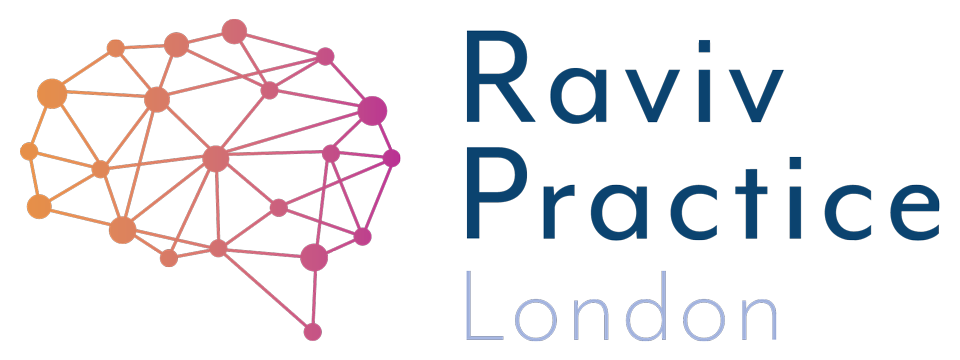
Blog
Usha Patel, Neurocognitive Therapist and Director of Raviv Practice London shares her first-hand experience of working with children /adults and the latest research and upcoming events in her series of blog posts.
Why does my nine-year-old still wet his bed?
If your bright and active nine-year-old still wets the bed, you're not alone, and it's not their fault. This blog explores the connection between unintegrated reflexes and nighttime accidents, and how therapies like MNRI can help resolve bedwetting quickly and effectively.
My child is now four but still doesn’t speak
When Miriam, a mother of four, called me, she was at the end of her tether: her 4-year-old could not speak. She had already waited a year for her doctor to refer her to a speech and language therapist and, despite pinning all her hopes on this, she was deeply disappointed when no tangible progress seemed to come from it.
Why is my child always getting so angry and frustrated by everyday tasks?
Poor emotional regulation can obstruct progress, stopping us from achieving our goals. Most adults will find a way to regulate their emotions for the majority of the time, but children need to learn how to navigate their emotional states as they grow. Most of the time, this is all perfectly normal and you will find a way to address it naturally as your child develops.
What good balance does for your body and how to get it
Whether or not we are as adept at balancing as The Cat in the Hat, we could all do with better balance. Good balance makes it easier to move and helps prevent injury. It is interesting to note that in China, the average number of falls among the elderly is significantly lower than in Western countries.
Why does my child stick his tongue out when writing?
Tennis is seldom played quietly, and the players make grunting sounds as they hit difficult volleys across the net. This is a great example of how we link actions of our hands and mouths together when we perform an activity.
Why can’t my child open a packet of crisps?
If your child avoids opening crisp packets or tying shoelaces, they may have weak hand grasp. Learn how reflex therapy, finger exercises and everyday activities can help build fine motor skills.
Why is my child’s body always floppy, and why does he run funny?
If your child always seems floppy, uncoordinated, or runs funny, you’re not imagining it. These movement quirks may be early signs of deeper neurodevelopmental gaps, often missed in traditional assessments. From reflex integration to parent-led therapy like Bal-A-Vis-X, this blog explores how to decode your child’s movement challenges and what steps you can take to help them thrive.
Why can’t my child catch a ball?
If your child consistently struggles with catching or throwing a ball, it may be more than just clumsiness. From reflex integration delays to poor hand-eye coordination and dyspraxia, this blog explores the deeper reasons behind these challenges. Discover how movement therapy and targeted exercises can help your child improve focus, balance, and physical confidence.
The secret to learning to write: go clockwise!
Letter and number reversals? Poor handwriting? The problem might be simpler than you think. This blog explores why clockwise movement is key to developing strong writing skills and how simple exercises can help children build the right habits from the start.











